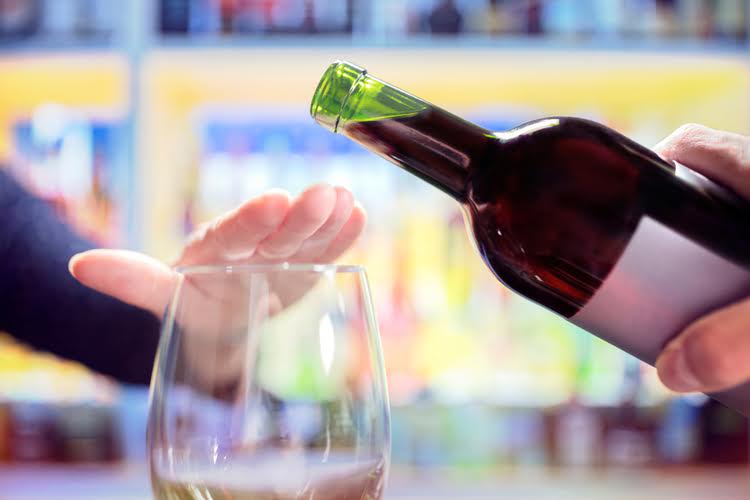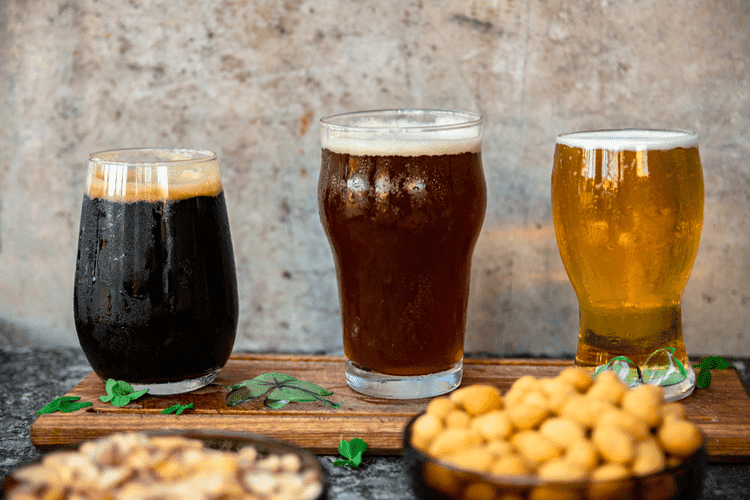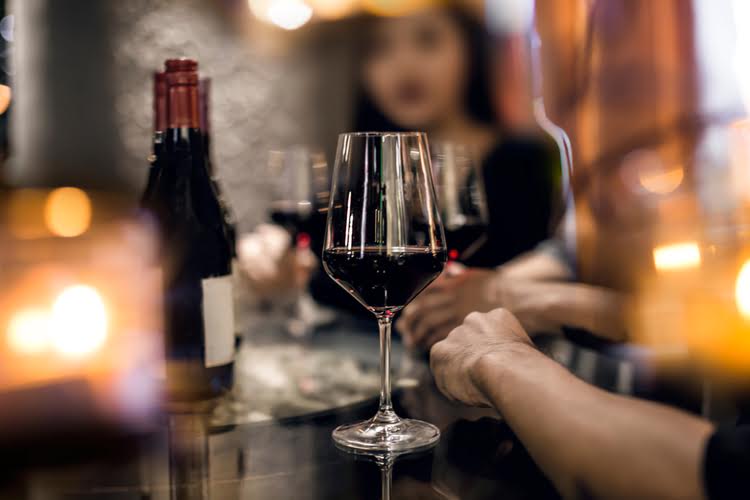It’s not recommended that you start drinking alcohol if you don’t normally. Having the restraint to consume only moderate amounts of alcohol may be challenging for some individuals. Since blood thinners and alcohol are both anticoagulants, taking them together can cause serious issues.
Drinking too much alcohol
Additionally, alcohol can inhibit the function of platelets, making them less effective in clumping together to form a clot. To ensure the optimal effectiveness of blood thinners, it is advisable to follow the prescribed dosage and avoid excessive alcohol consumption. If you have concerns or questions regarding the interaction between alcohol and your specific blood thinner, consult with your healthcare provider. Additionally, excessive alcohol consumption can cause liver damage, which can further impact the metabolism and clearance of blood thinners from the body.
Short-term Effects of Drinking Beer
It is important to consult with a healthcare professional to assess the impact of alcohol on liver health. To comprehend the relationship between alcohol and blood thinning, it’s important to first grasp the concept of blood thinning itself. This section will provide an overview of what blood thinning is and introduce some common blood thinners. Overall, alcohol can significantly influence how anticoagulants function in the body. Understanding these interactions is crucial for anyone on blood thinners.
The Fear of Getting Another Blood Clot: A Deep Dive into Anxiety, Risk, and Recovery
- Binge drinking should be strictly avoided due to the heightened health risks it poses.
- No Endorsement from Health AuthoritiesWhile some might think, “If a bit of alcohol can thin my blood, is it beneficial for preventing heart attacks?
- On the minus side, drinking too much can lead to strokes from blood clots breaking off and traveling to the brain, hemorrhagic (bleeding) strokes, high blood pressure, and even heart attacks.
- Alcohol causes a thinning effect in your blood because it reduces your red blood cells’ ability to stick together 2.
Blood thinners can be dangerous, increasing your risk of severe bleeding during an accident or with an injury. Their use must be carefully monitored to ensure that the blood does not become too thin. As many as three million people take blood thinners each year, but some may not be aware of how these medications interact with substances like alcohol. On their own, blood thinners can create a number of health risks and increase the chances of serious bleeding.

In AFib, the heart’s upper chambers beat chaotically, causing blood to pool. This creates an environment conducive to clot formation, particularly in the left atrium. They are a natural part of the body’s hemostasis, stopping bleeding after an injury. When a blood vessel is damaged, platelets form a marijuana addiction plug, reinforced by fibrin to seal the wound. The good news is that no matter how severe the problem may seem, most people with an alcohol use disorder can benefit from some form of treatment. Research shows that about one-third of people who are treated for alcohol problems have no further symptoms 1 year later.

For those who are already taking blood thinners, drinking alcohol can exacerbate these effects, leading to dangerous health situations. Yes, alcohol can thin your blood, but the way it does so is more complex than it might seem at first glance. This interaction is particularly concerning for individuals on blood thinner medications, as it can significantly increase the risk of bleeding.

Excessive alcohol consumption can lead to high blood can alcoholism cause blood clots pressure, heart failure, or stroke. It can also contribute to cardiomyopathy, which affects the heart muscle. Alcohol consumption can influence the blood’s ability to clot, often leading to a temporary “thinning” effect.
Alcohol consumption can inhibit the activity of thrombin, making it more difficult for your body to form a blood clot. “If you’re on some blood thinners, studies show you should also stay clear of cranberry, grapefruit and pomegranate fruits and juices,” advises Dr. Bishop. “It’s important to understand drug-food interactions when you’re taking a blood thinner like warfarin (Coumadin®) the most common https://holon.ort.org.il/mattapan-ma-drug-alcohol-rehab-centers/ one,” warns Dr. Bishop. The effects of Xarelto can be affected by alcohol, and those taking the medication should limit the amount of alcohol used.
